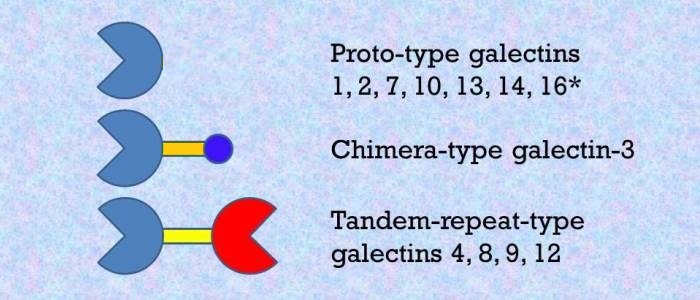

Associate Professor
Department of Biology
Western University
1151 Richmond St. N
London, Ontario, Canada
N6A 5B7
Office: Biological & Geological Sciences 3032
Email: atimoshe@uwo.ca
Phone: (519) 661-2111 x 88900
Fax: 519 661-3935

Glycobiology is the study of the structure, biosynthesis, and biological functions of carbohydrates (glycans), glycoconjugates, and glycan-binding proteins (lectins). Galectins are a family of soluble beta-galactoside-binding proteins made by many cells in the body that serve as the mediators of fundamental biological processes including cell growth, differentiation, and death. These proteins function differently outside and inside the animal cell using glycan-dependent and glycan-independent mechanisms, respectively. Galectin expression profiles vary between different tissues and are changed significantly under environmental and pathological stress conditions. Controlling the level of galectins in cells could provide innovative solutions for the discovery of new biomarkers and drugs of stress-associated cellular disorders and cancer. The main challenge is that at least sixteen different galectin genes have been identified in mammalian cells and it is not clear yet why cells express so many galectins and how/whether these galectins interact with each other. We demonstrated previously that the expression of specific galectins undergoes non-uniform changes in response to variety of stress stimuli (hypoxia, oxidants, specific enzymatic inhibitors) and during cell differentiation. These processes are associated with significant changes of global O-GlcNAc glycosylation of intracellular proteins that controls gene expression as well as protein trafficking and distribution between intracellular compartments. The current research program explores the role of galectins in regulating promyelocytic cell stemness and differentiation considering O-GlcNAc-dependent mechanisms.
Please send your resume and unofficial transcript to Dr. Timoshenko (atimoshe@uwo.ca) if are interested in cell and molecular biology of galectins.